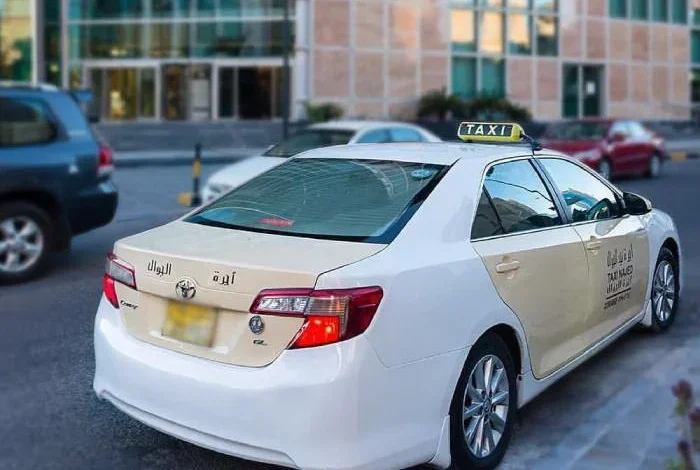Kuwait taxi and the driving licence dilemma

There are approximately 20,000 registered taxis plying the roads in Kuwait. If you ever sat in one you would notice that most of them are small and invariably not very clean. They overcharge and have metres that are rarely if ever used, and unfortunately, most of the drivers do not speak English or have only a smattering knowledge of Arabic. Anyone using taxis in Kuwait is aware of these shortcomings but has to accept it in the face of very few other options.
For a long time, Kuwait faced the issue of illegal taxis, which are vehicles used to ferry passengers but not licenced by the traffic department. Campaign after campaign conducted by the interior ministry to arrest and deport eventually reduced the number of such illegal taxis, but many of them then converted their status to become registered taxis.
The sudden spurt in the growth of taxis is not because of an increase in tourism or business expansion but because of new rules that keep restricting expats from driving licences and owning their own cars. In its desperate attempt to reduce traffic congestion the ministry has restricted driving licences only to expats of certain professions, who are graduates and have a minimum income level and also have spent a stipulated period of time in the country.
So the need to use taxis is prevalent and it makes good business sense to run a taxi service to serve the large number of expats who do not qualify for driving licence. According to the regulation if an expat is not a graduate then he or she is not entitled to a driving licence. However, the same rule does not apply to either taxi drivers or domestic visa holders who are not graduates but entitled to driving licence by way of their status. Then there are Kuwaitis who are entitled by way of their nationality.
Statistics in Kuwait indicate that there is a car accident every 10 minutes. Almost 1 million traffic accidents have taken place since 2012 and deaths from traffic accidents have been more than 400 every single year since 2012. Despite all attempts, Kuwait has been unable to shrug off an infamous world ranking in accident averages, the figures indicate that the task is formidable.
If the attempt was to reduce accidents and improve driving culture then the present system of granting licences might also be faulty. Taxis plying roads from morning to night to pick up passengers might also be a cause of traffic congestion and rash driving, as much as limiting people from diving because of their qualification or profession.
Nobody is discussing the process of granting driving licences, where the testing standards by any means is neither international nor capable of screening unqualified drivers who are a threat on the road not only to themselves but also others using it.
Driving tests should be taken much more seriously, even more so the process of selective screening of applicants who qualify. Collection of traffic fines, increasing penalties and deporting or arresting rash drivers have not been able to stem the traffic woes in the country. Perhaps raising the bar and allowing only people who pass a rigid examination in driving might be a long term solution.
An Expatriate
You can share your thoughts on
editortimeskuwait@gmail.com













